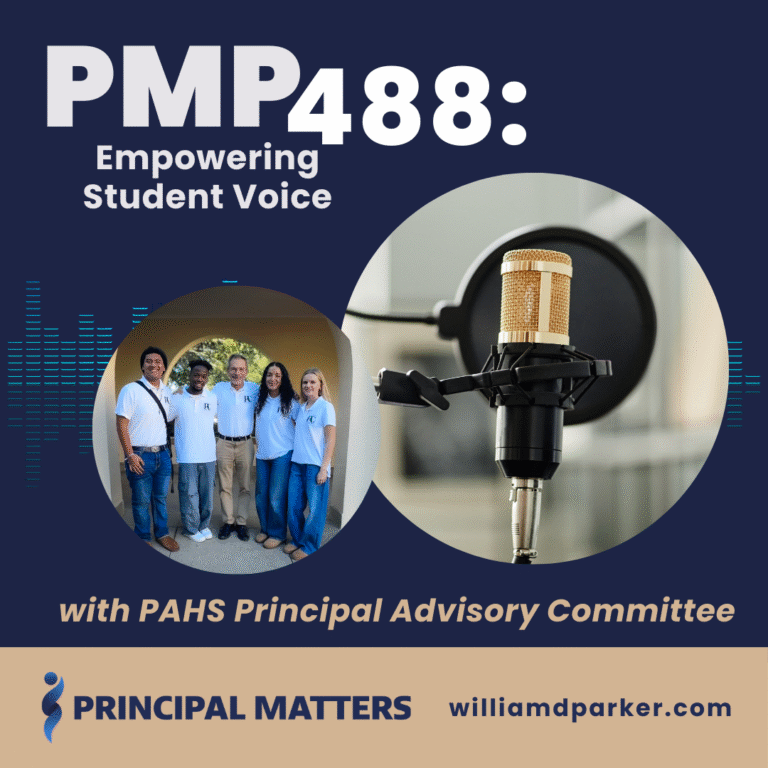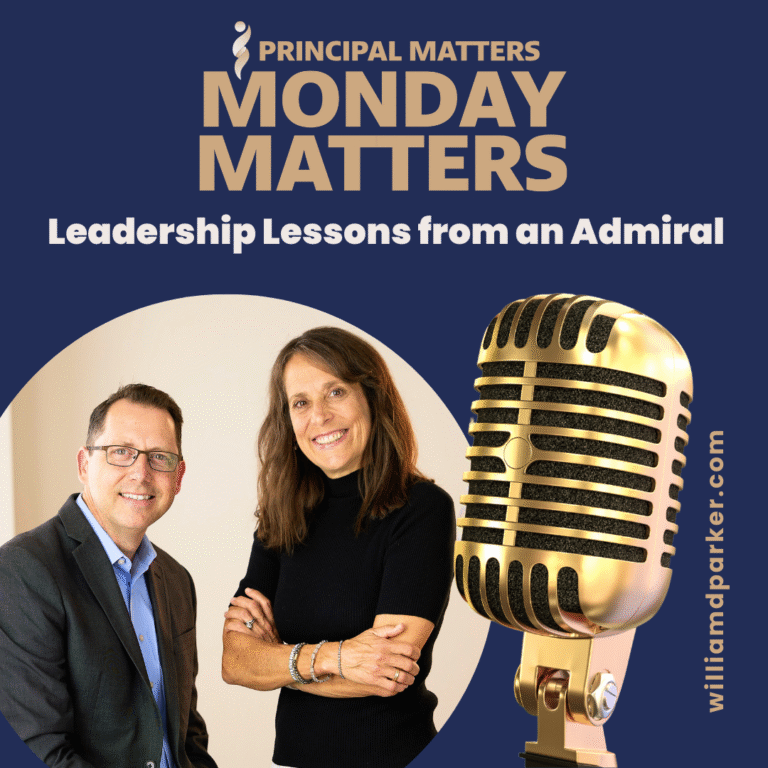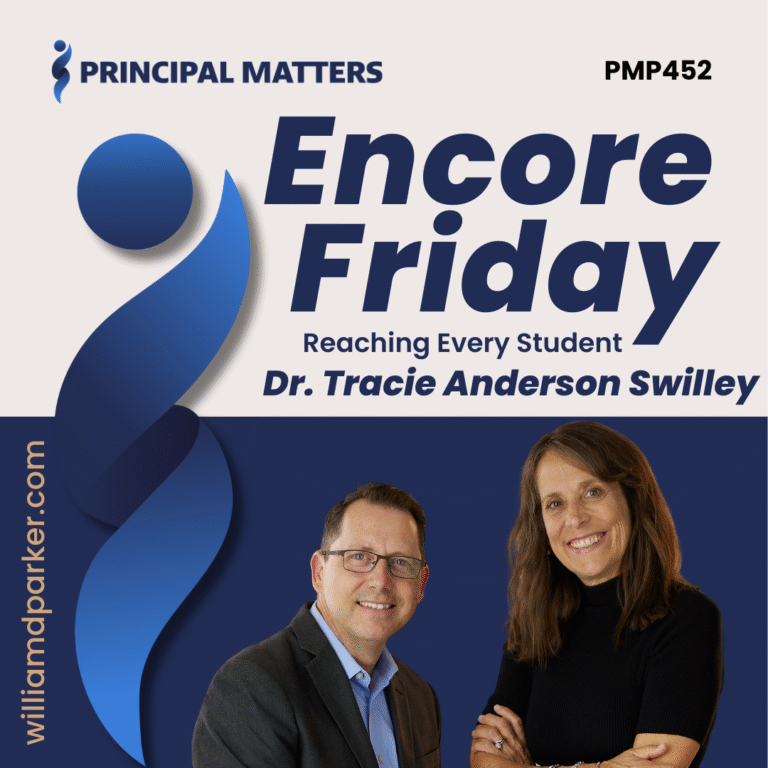Podcast: Play in new window | Download
Dr. Karen Dudek-Brannan is the founder and owner/operator of Dr. Karen, LLC, a company focused on empowering therapists and educators to design interventions that support language, literacy, and executive functioning. She has a doctorate in Special Education and Director of Special Education and Assistive Technology credentials from Illinois State University, as well as a master’s and bachelor’s from Illinois State University in speech-language pathology.
She spent 14 years in the school systems and has held various roles in leadership and higher education teaching and mentoring clinicians. She is the host of the De Facto Leaders podcast, where she shares evidence-based practices, her own experiences, and guest interviews on topics relating to education and healthcare reform. She’s currently an administrator with the Illinois Department of Children and Family Services.

From Dr. Jen Schwanke:
I always like to have one important takeaway when I speak with guests, and in my conversation with Dr. Karen Dudek-Brannan, there was an especially clear and helpful takeaway. As principals, much of what we do can, and should, be considered from a “draft” lens. In other words, when I make a decision, I can alleviate pressure or anxiety about the permanence or strength of my decision if I simply consider it a “first draft.” I can even articulate it as such when communicating my vision— “This is a draft of how we are going to roll out this new initiative,” or, “The agenda for this meeting is a working draft.” In using “draft” language, I communicate with others that I am open and willing to adjust or adapt as I get more information.
But that’s not all you’ll hear in this episode. Dr. Karen Dudek-Brannan has a wealth of experience in education and leadership. Among other things, we discussed the connection between the work of principals and the “specialists” that bring an important perspective in conversations about students and our schools. These specialists might include speech-language pathologists, clinicians, therapists, psychologists, outside agencies, and even parents.
As Karen explains, principals benefit when they are fully open to the perspective of others, especially those who have “de facto” leadership capabilities. In her role as an SLP, consultant, business owner, and, more recently, the creator of products that can support students and schools, she has learned that someone in an identified “power role” is most successful when they give voice to those with specific expertise and insight, even if that person doesn’t have the traditional “power” role of principal, director, or superintendent.
It’s important to note, too, that many people who work as counselors, social workers, and specialized therapists don’t see themselves as a leader because the root of their work might be direct student therapy, case management, and direct intervention; however, they have such expertise in their specific area that they can have a profound impact on programming and process decisions. They can also provide crucial feedback that might help principals shift their thinking and allow for adjustments and evolution.
To find more information about Dr. Karen, check out her websites: drkarenspeech.com or drkarendudekbrannan.com
Additional Resources:
- School therapists: What to do when you have to attend irrelevant PD https://drkarenspeech.com/school-therapists-what-to-do-when-you-have-to-attend-irrelevant-pd/
- Blog to find De Facto Leaders podcast: drkarendudekbrannan.com/blog
- Sign up page for Executive Functioning Implementation Guide: drkarendudekbrannan.com/efguide
- Article: School Therapists: What to do when you have to attend irrelevant PD: https://drkarenspeech.com/school-therapists-what-to-do-when-you-have-to-attend-irrelevant-pd/
- Also, people can connect with Dr. Karen on LinkedIn: https://www.linkedin.com/in/karen-dudek-brannan/




